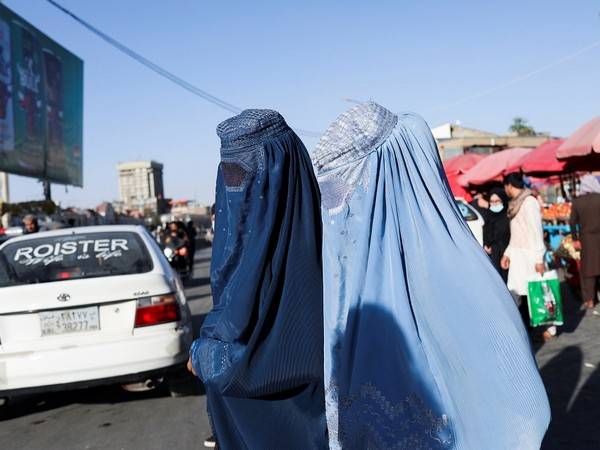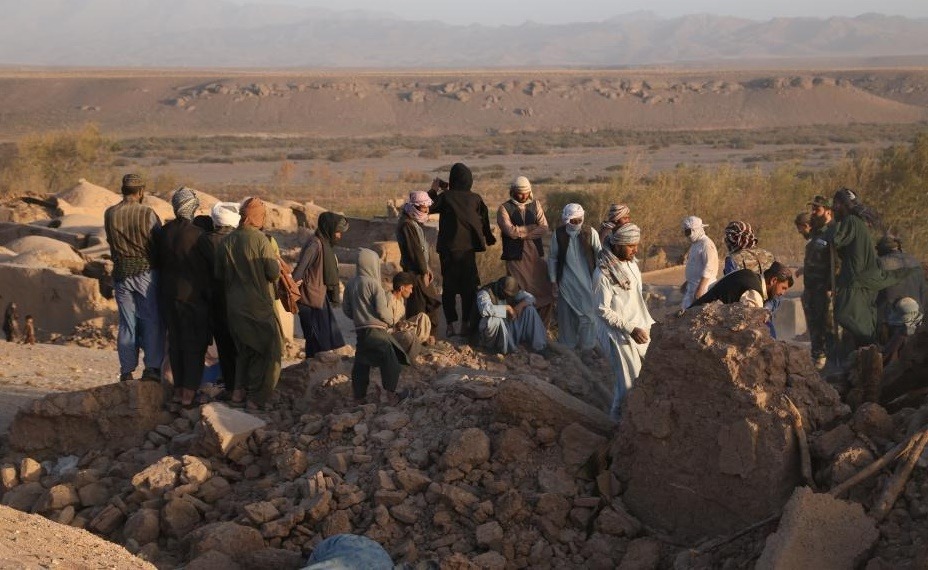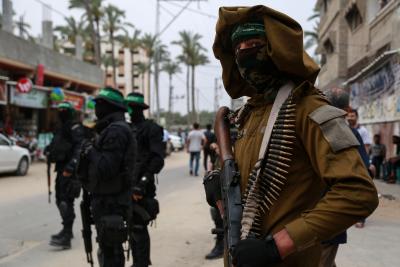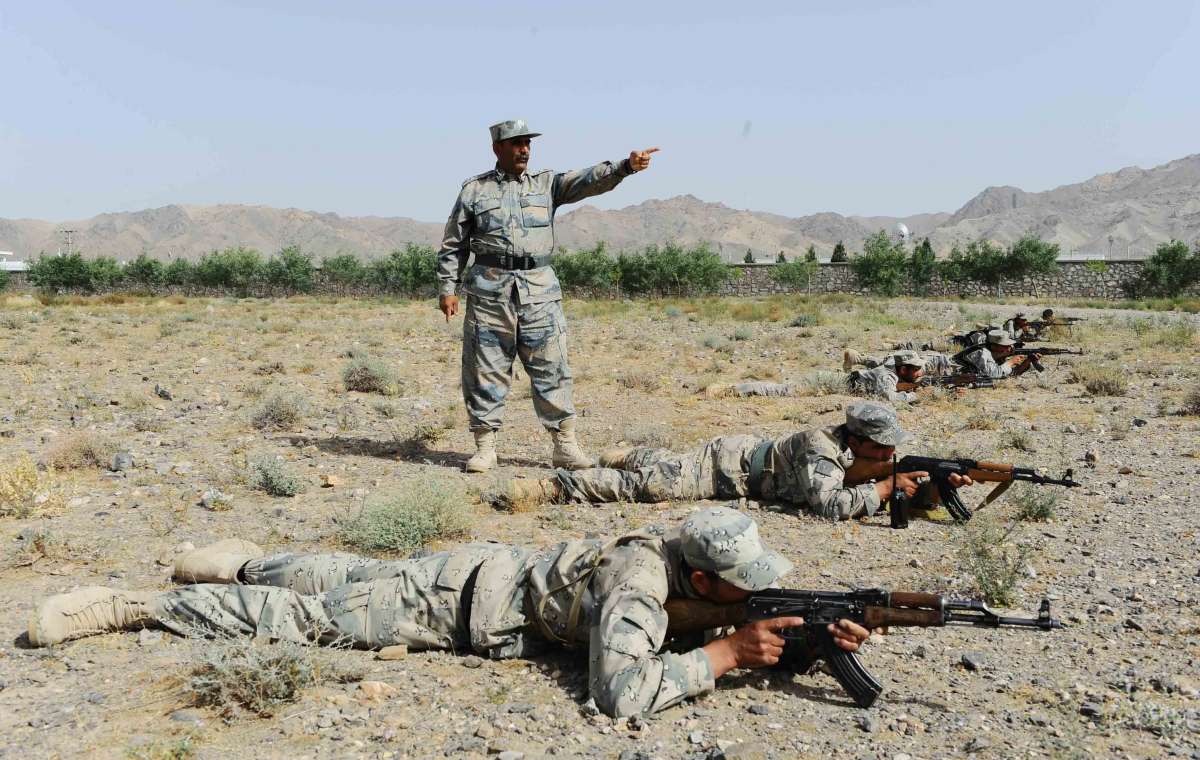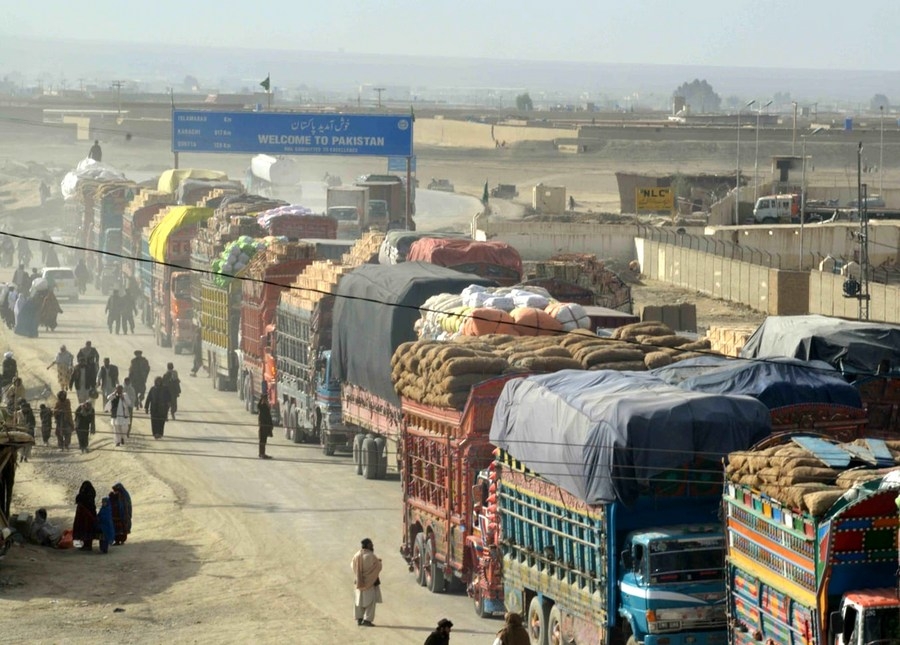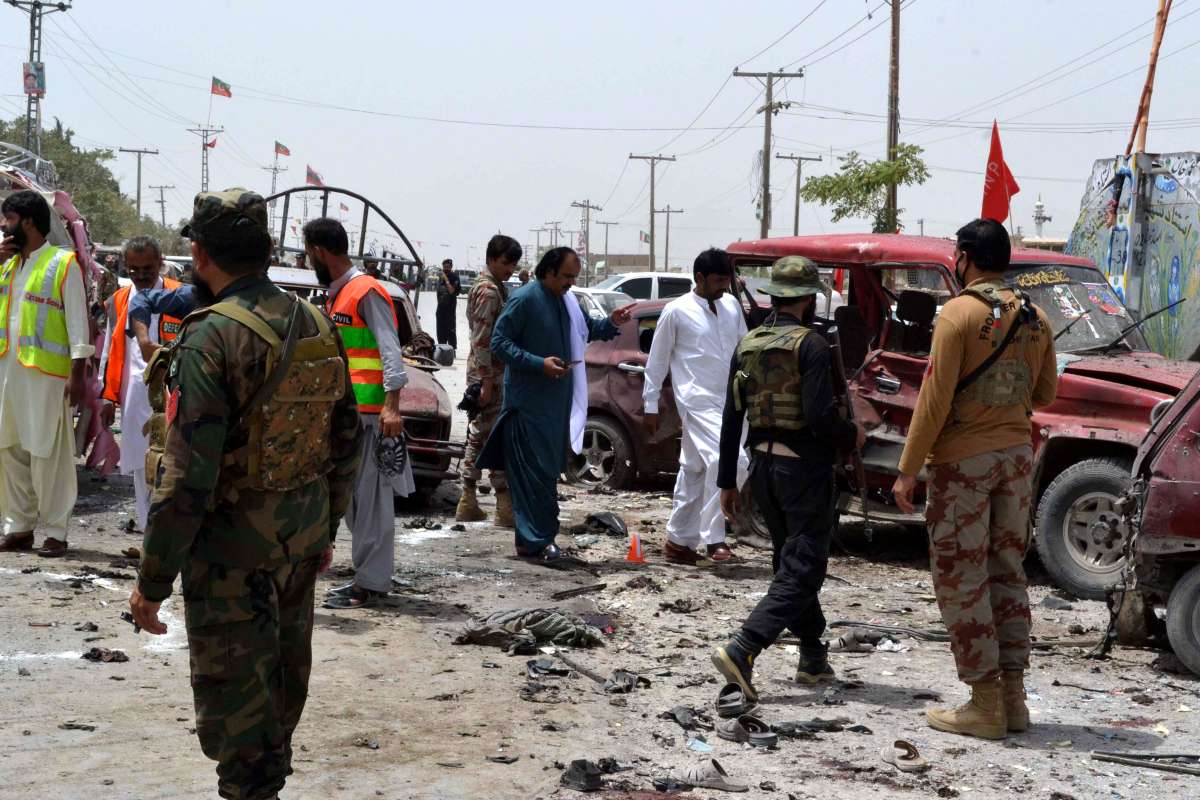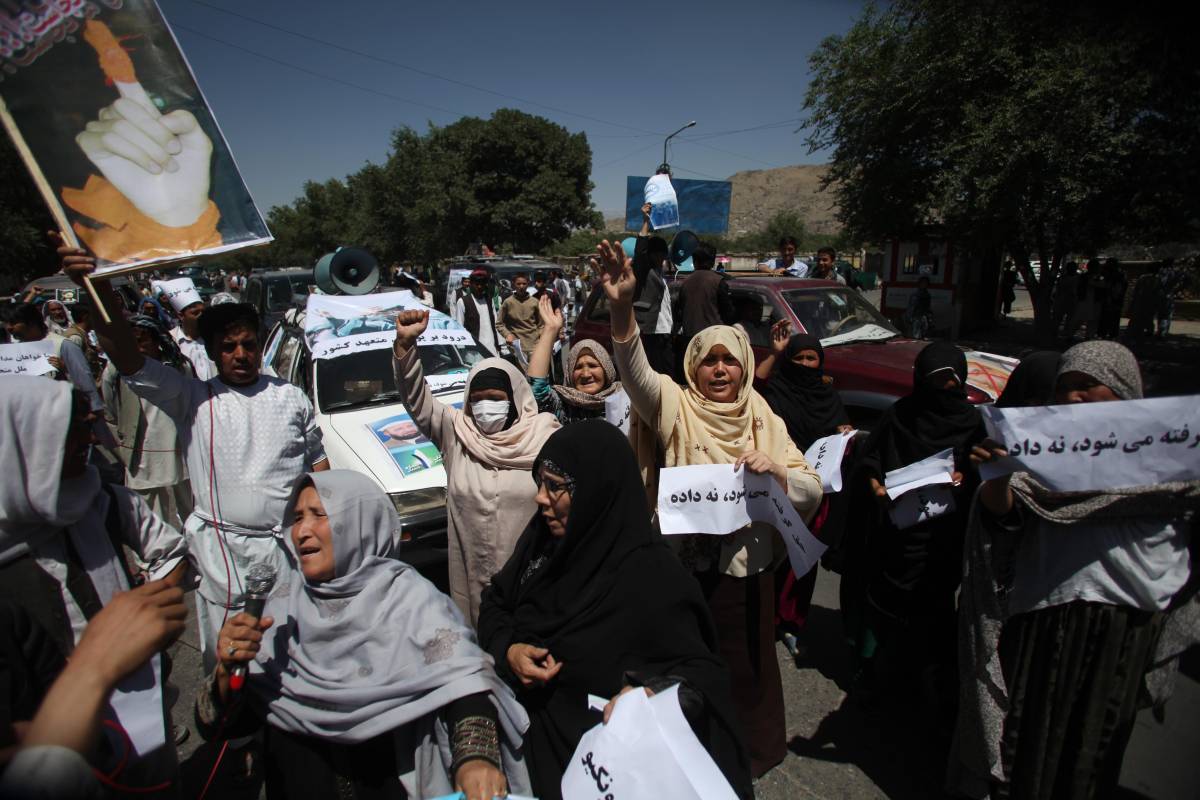Koo further noted that the aim is to prevent China from acquiring crucial tech….reports Asian Lite News
Taiwan is set to announce a list of technologies this year that it wants to protect from the reach of China, reported Nikkei Asia citing a top Taiwanese official.
Wellington Koo, Secretary-General of Taiwan’s National Security Council said, “Before the end of the year, the National Science and Technology Council will announce what are considered core technologies that need to be protected.”
Koo further noted that the aim is to prevent China from acquiring crucial tech.
The security chief further said that Taiwan is also working to prevent their semiconductor products and technologies from being used by China, reported Nikkei Asia.
“Having this country’s core technology exported to China isn’t the only area that we’re scrutinizing from a national security angle. We’re working to prevent our semiconductor products and technologies from being used by China for defense or military purposes,” the security chief said.
“The new policy will elevate critical technology in supply chain and semiconductors to a national security level, enabling closer scrutiny. The aim is to prevent efforts to acquire crucial tech by China, which is targeting upstream IC (integrated circuits) design in Taiwan,” Koo said.
Moreover, the policy will deal with investments, manpower, operations and technology transfer in various domains, Nikkei Asia reported.
“The policy will define national core technologies and cover industries including semiconductors, agriculture, aerospace and ICT (information and communication technology),” Koo said. “It will deal with investments, manpower, operations and technology transfer in these areas.”
For decades now, Beijing has sought to block the sale of military-related technology and weapons from other countries to Taiwan.
Additionally, Taiwan expressed concerns held by the US, Japan and other governments about China’s push for advanced technologies.
Meanwhile, on Wednesday, in a move that follows a US policy restricting China’s ability to access advanced technologies, the European Commission published a list of key technologies that pose a threat to the bloc’s economic security, according to Nikkei Asia.
Adding to the recent announcement, the US also made a similar move earlier in August.
US President Joe Biden signed an executive order authorizing the treasury secretary to limit or prohibit American investments in Chinese companies involved in semiconductors and microelectronics, quantum information technologies and artificial intelligence systems.
Koo added, “Since the US-China trade war, Taiwan has coordinated more with the international community and placed more emphasis on supply chain security. The same could be said for the Netherlands and Japan. But even before the trade war, we already had the Cross-Strait Act and were closely monitoring links and engagements in the tech sector.”
He further said that something that separates Taiwan from other places is that the island passed the Cross-Strait Act to regulate its relations with China in 1992.
The law puts close scrutiny on investments and proposed technology transfer between China and Taiwan, and empowers the Taiwanese government to review and approve or reject such proposals, reported Nikkei Asia.
“Essentially, the Cross-Strait Act regulates investments and bans advanced technology from being transferred to China. There is also the International Trade Administration of the Ministry of Economic Affairs, which has specific mechanisms for export control,” Koo said.
Following China’s intensified military aggression, economic coercion and threats against its neighbor over the last few years, Taipei’s ties with Beijing have been dealing with severe tensions.
According to Nikkei Asia, Communist China has never ruled Taiwan — a key hub in the global chip supply chain — but sees it as its territory and has not ruled out a military attack.
“You can see that China slaps import bans on Taiwanese agricultural products, but never the semiconductor industry,” Koo said. “Tech curbs are similar to our cybersecurity mechanism. We come up with a regulatory framework, and then they (the Chinese) adjust their strategies to bypass our regulations, and then we update our regulations to crack down on their maneuvers.”
World’s 21st biggest economy Taiwan has attempted to make a balance between national security and economic interests as it struggles with rising US-China tensions.
As Beijing escalated its hostility in 2016, President Tsai Ing-wen’s government sought to boost defence, counter Chinese-backed cognitive warfare and address national security risks in the economy. Nikkei Asia reported.
Last year, Taiwan’s parliament amended the National Security Act to add an “economic espionage crime” to dissuade illicit transfers of core technology.
It further strengthened rules to ask Taiwanese companies to gain approval from authorities if they want to sell their Chinese assets or factories to local entities to avoid risks of technology leaks.
Mohammed Soliman, director of the strategic technologies and cybersecurity program at the US-based Middle East Institute, said, “Concerns over national security, economic resilience and competition with China drive this trend. While it’s understandable that countries want to safeguard their key technological assets, it can lead to increased protectionism, fragmented global supply chains and potential conflicts over technology access and intellectual property.”
Amidst Taiwan’s attempt to safeguard tech against China, Taiwanese electronics major Foxconn aims to double its workforce and investment in India by next year, a company representative based in India said last month.
“Under your leadership, Foxconn has grown smoothly and rapidly in India. We will work even harder to present you with a greater birthday gift next year, aiming for another doubling of employment, FDI, and business size in India,” V Lee, Foxconn Representative in India, said in a LinkedIn post.
Foxconn has rapidly expanded its presence in India by investing as part of its supply chain diversification from China in an evolved post-pandemic world order. (ANI)

